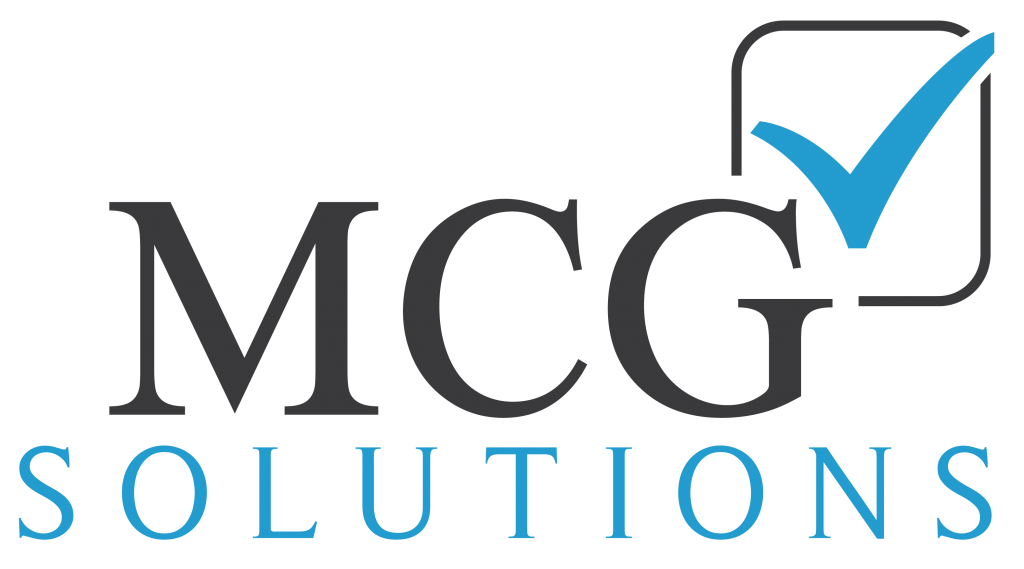If you plan to claim itemized deductions on your tax return, it’s important to have as much supporting documentation as possible to get your maximum refund. Receipts will help you determine whether you should take the standard deduction and how much you can gain from the itemized deduction, while also offering proof of expenses if the IRS decides to follow up.
Below are some of the expenses you can claim and the important types of receipts that will help you be prepared for your tax return.
- Charitable donations: Keep records of all charitable donations you’ve made over the year. Some organizations will send you a statement providing an overview of your donations that year. When you donate items, get a receipt noting the value of your donation.
- Homeowner expenses: There are many opportunities for deductions if you’re a homeowner. Any costs related to purchasing your home, home improvements (especially if they improved energy efficiency), mortgage and statements for mortgage and property taxes paid all can qualify for certain deductions.
- Educational expenses: With the high cost of education, deductions can make a big difference in your ability to save money. Save any receipts you have related to paid tuition, books, lab fees, supplies and travel for deductions.
- Job search expenses: If you were unemployed during the previous year, keep records of expenses for tools you needed for your job search. Qualifying expenses could include travel, internet and professional development resources.
- Childcare expenses: As with education, childcare costs are rising rapidly. If you paid for childcare for a child age 12 or younger, save your receipts to take advantage of the Child and Dependent Care Credit.
- Medical and dental expenses: Hold on to receipts related to co-pays, prescriptions, lab tests and any other medical bills. Expenses for alternative or nontraditional medical practices may also qualify.
- Self-employment expenses: If you’re an independent contractor or freelancer, keep any receipts related to operating your business.
- Home business expenses: If you have a home office or use your home as your place of business, you can use your expenses for deductions. Save receipts related to your mortgage, utilities and supplies, plus any costs related to improving the home specifically for your office.
- Local and state income taxes: You can claim local and state taxes as itemized deductions on your federal return. Keep your tax forms for the year(s) you would like to claim.
- Large purchases: Sometimes sales tax can be deducted if the amount of sales tax paid is greater than the amount of income tax withheld. You may qualify if you made a large purchase like a car, boat or RV.
How long should I keep my receipts?
To be safe, keep any receipts or statements associated with your tax return for at least seven years, as the IRS could audit you at any time. It is important to keep any documents related to your tax return organized to better help yourself or your tax preparer, or if the IRS requests them.
A professional tax preparer can help you make sense of all the deductions, tell you which receipts you need and help you find a bigger return. For more on itemizing deductions on your tax return, contact us at MCG Solutions.

